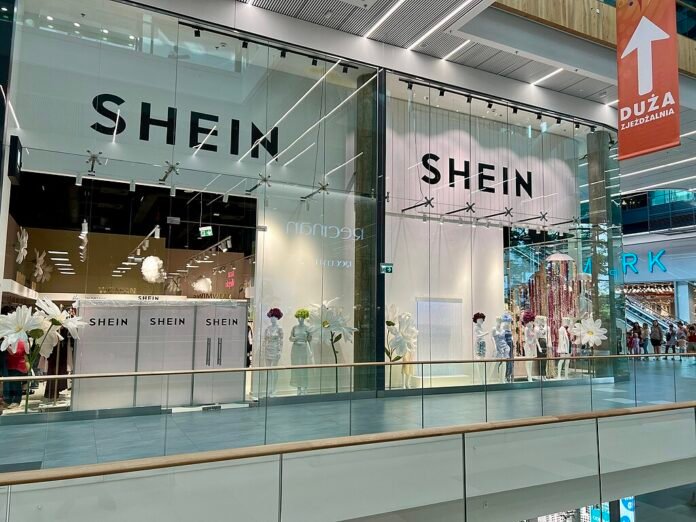MPs expressed frustration as Shein’s legal representative avoids questions about the company’s use of Chinese cotton amid allegations of forced labour.
Shein, the fast-fashion giant, is under scrutiny after its senior lawyer, Yinan Zhu, repeatedly refused to disclose whether the company uses cotton sourced from China, particularly from the Xinjiang region. The area has faced international condemnation due to accusations of forced labour and human rights abuses involving the Uighur ethnic minority.
During a hearing with the UK Business and Trade Committee, Zhu confirmed that Shein’s suppliers manufacture products in China but declined to confirm whether Chinese cotton, including that from Xinjiang, is used in its clothing. The company’s refusal to answer prompted harsh criticism from MPs, who accused Zhu of “wilful ignorance.”
Embed from Getty ImagesThe controversy surrounding Xinjiang cotton stems from claims that up to half a million Uighurs have been subjected to forced labour in cotton fields, though Beijing denies these allegations. As a result, global brands like H&M and Nike have distanced themselves from Xinjiang cotton, but Shein has yet to clarify its position.
Shein, which was founded in China in 2008 but is now headquartered in Singapore, has grown rapidly, especially during the pandemic, becoming one of the largest fast-fashion retailers in the world. Despite its success, the company has faced backlash over its environmental and ethical practices, including allegations of forced labour in its supply chains. Shein has denied these accusations.
Zhu, in her testimony, said that Shein does not own factories and works with a vast network of suppliers, mostly in China but also in countries like Turkey and Brazil. She claimed that Shein complies with all local laws and regulations and that its suppliers are required to adhere to strict standards.
However, when pressed on whether the company specifically bans the use of cotton from Xinjiang, Zhu deferred, stating that she would need to follow up in writing after the hearing.
The ongoing debate reflects the broader concerns over ethical sourcing in the fast fashion industry and the pressure on companies to ensure their supply chains are free from human rights abuses
